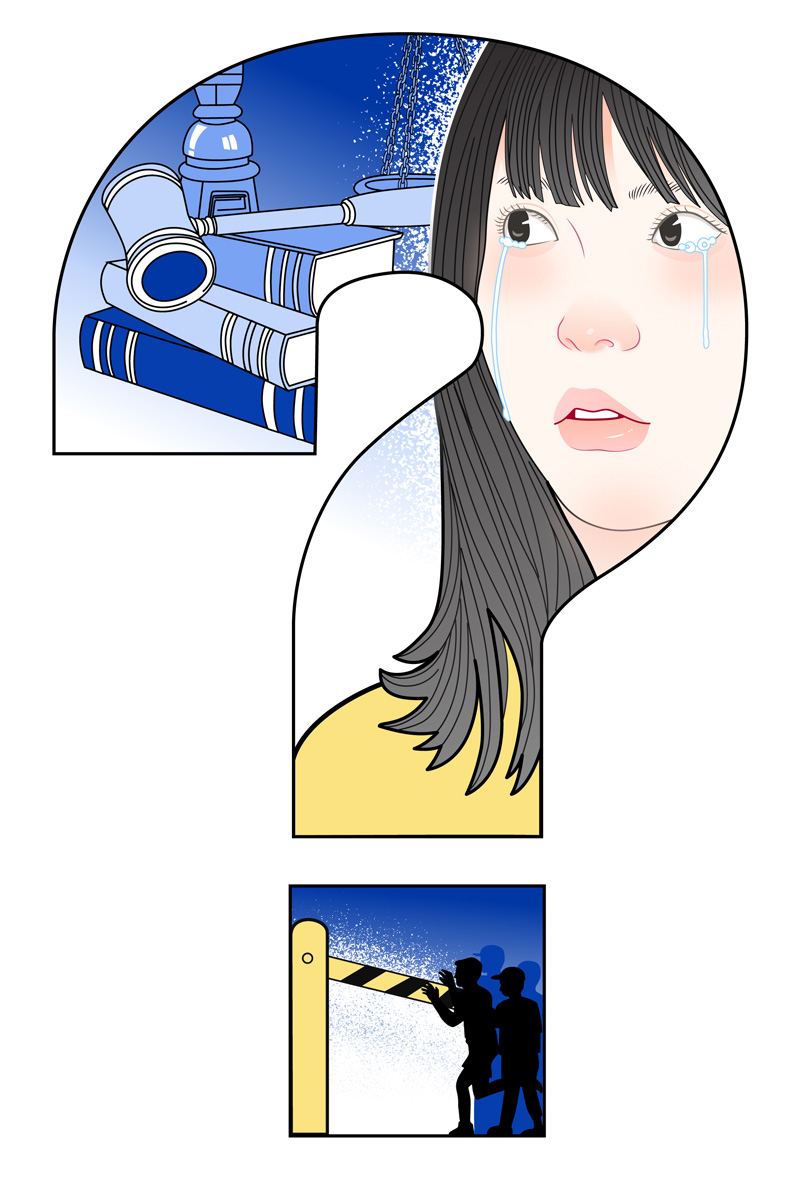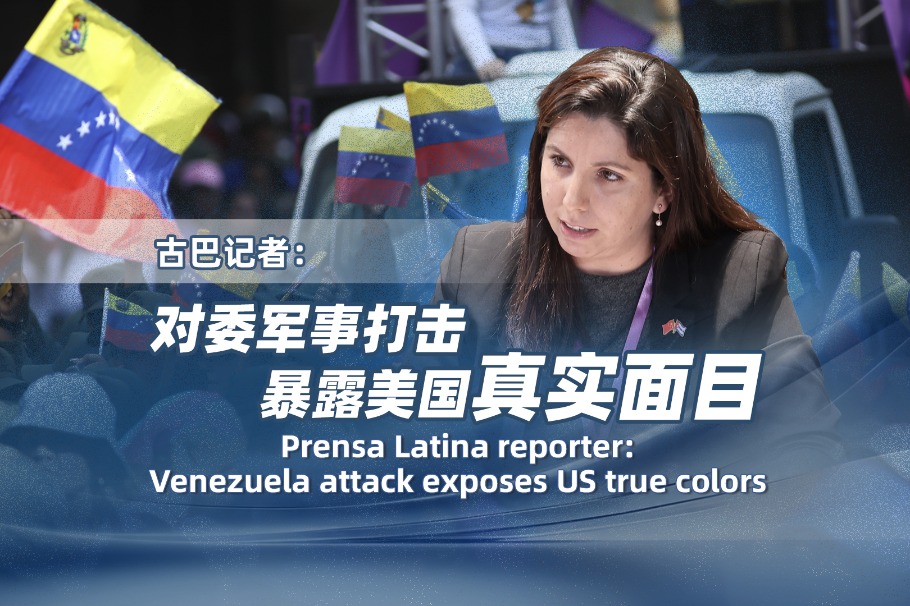Punishment alone can't curb juvenile delinquency


The recent sexual assault on a 13-year-old girl student by four underage boys in a school toilet in Lantian county, Shaanxi province, has prompted some scholars to call for an amendment to the Law on the Protection of Minors and the Law on the Prevention of Juvenile Delinquency as soon as possible, in order to lower the age for criminal responsibility to bring serious offenders to justice.
But another group claims that just lowering the age of criminal responsibility will not necessarily curb such crimes, arguing that a crime committed by a minor is a complex social phenomenon which can be addressed only when all the problems are duly addressed at the source. Such people advocate increasing the responsibilities of families, schools and government departments to ensure minors are properly protected. Only in this way, they say, can juvenile delinquency be prevented and the legitimate rights and interests of minors protected.
As a matter of fact, various factors lead a teenager into juvenile delinquency, prominent among them being the failure of parents/guardians to fulfill their custodianship duties. According to a study, the vast majority of juvenile delinquencies can be attributed to familial factors, or loose supervision of guardians.
Therefore, to curb juvenile delinquency, lawmakers should not give priority to punishment above everything else-for example, by punishing delinquents by lowering the age of criminal responsibility. Instead, they should consider increasing the legal responsibilities of guardians so when a minor commits a crime, his or her guardian is held at least partly accountable. For instance, if a minor commits a crime, his or her parents/guardians must be made to pay the punitive compensation, including paying the fees for the work-and-study schools the minors attend, and the compensation for the victim or the victim's family.
True, the guardians should not assume criminal responsibility for the actions of their minor wards, but they should be made to bear civil responsibility, including paying compensation for the physical and/or mental damage caused to the victims and their families, because they have to take the social responsibility for failing to properly educate their wards in social and moral norms.
If a juvenile causes harm to others, his or her guardians must bear social responsibility for his/her action and pay the administrative penalties imposed by relevant administrative organs.
In case a minor commits an extremely serious crime such as rape, murder, robbery or arson, the guardian must assume joint liability for their action, including paying civil compensation and administrative penalty, and taking part of the criminal responsibility.
In other words, a "joint responsibility system" should be established for guardians to make them assume responsibility, even though partly, for any crime committed by their underage wards.
Such a joint responsibility system will make guardians realize they would also be held responsible for any criminal act their wards commit. This will prompt guardians to more sincerely perform their custodianship duties to ensure their wards are not led astray and don't end up committing a crime.
To prevent juvenile delinquency, the authorities should also establish a good social supervision mechanism. In this regard, Zhengzhou city in Henan province has taken a step in the right direction. Schoolteachers in Zhengzhou, for instance, have been told to perform all their duties in school and take measures to ensure the rights and interests of minors are not compromised. Also, to better protect minors from harm, the city authorities have asked school managements to make provisions for keeping minor students in school until their parents/guardians return home from work to ensure they are under all-round protection of teachers and guardians.
Schools should also install closed-circuit TV cameras on the campus to monitor students' movements and prevent them from indulging in violence. Once school staff monitoring the TV screens or teachers discover something abnormal, they should immediately swing into action to prevent violence. And where conditions permit, schools should introduce a single guardianship management system, that is, designate special teachers to not only take care of minor students' studies but also ensuring their safety.
Since the vast majority of crimes committed by minors are copycat crimes, unless adults are educated in social norms and made fully aware of their legal responsibilities vis-à-vis their minor wards, juvenile delinquency cannot be effectively curbed.
For minors, educating them to respect others is the most basic education. It's a pity that many of the minors who randomly use expletives on the internet don't know the meaning of "respect others". In fact, even some adults using the internet don't know how to respect others, which highlights the need for improving their moral education level by teaching them how to respect others and follow social norms. The purpose of penalizing guardians for the misdeeds of their wards is to educate the adults to become good citizens.
The author is a professor of law at Zhongnan University of Economics and Law. The views don't necessarily represent those of China Daily.


































